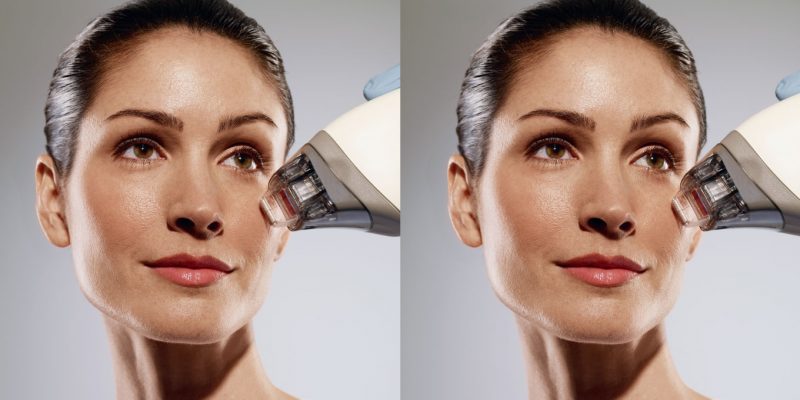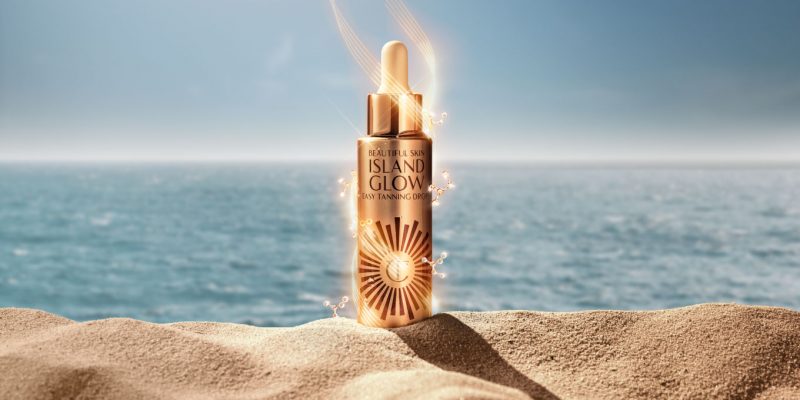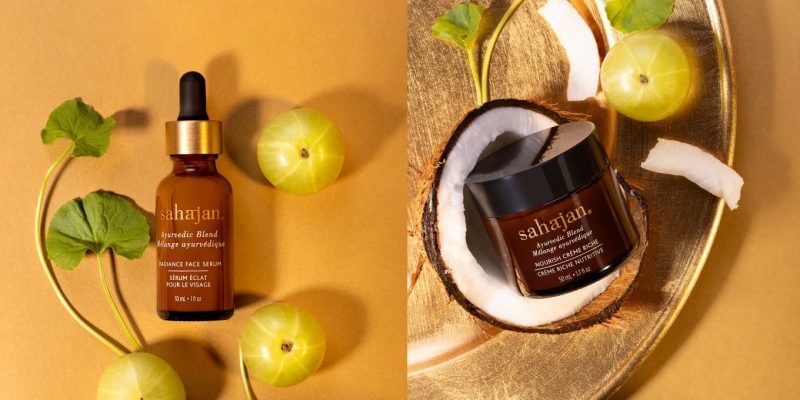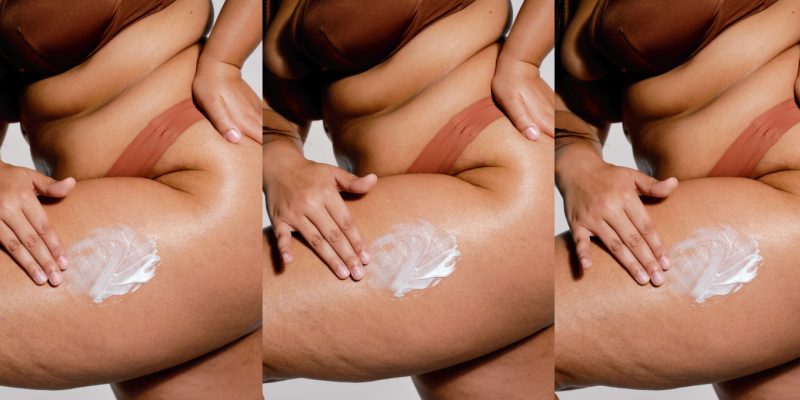Skincare
When It Comes to Sustainability, L’Oréal’s Maya Colombani Leads by Example
“I make progressive shifts. And I never give up on improving.”
by : Lesa Hannah- Apr 12th, 2024
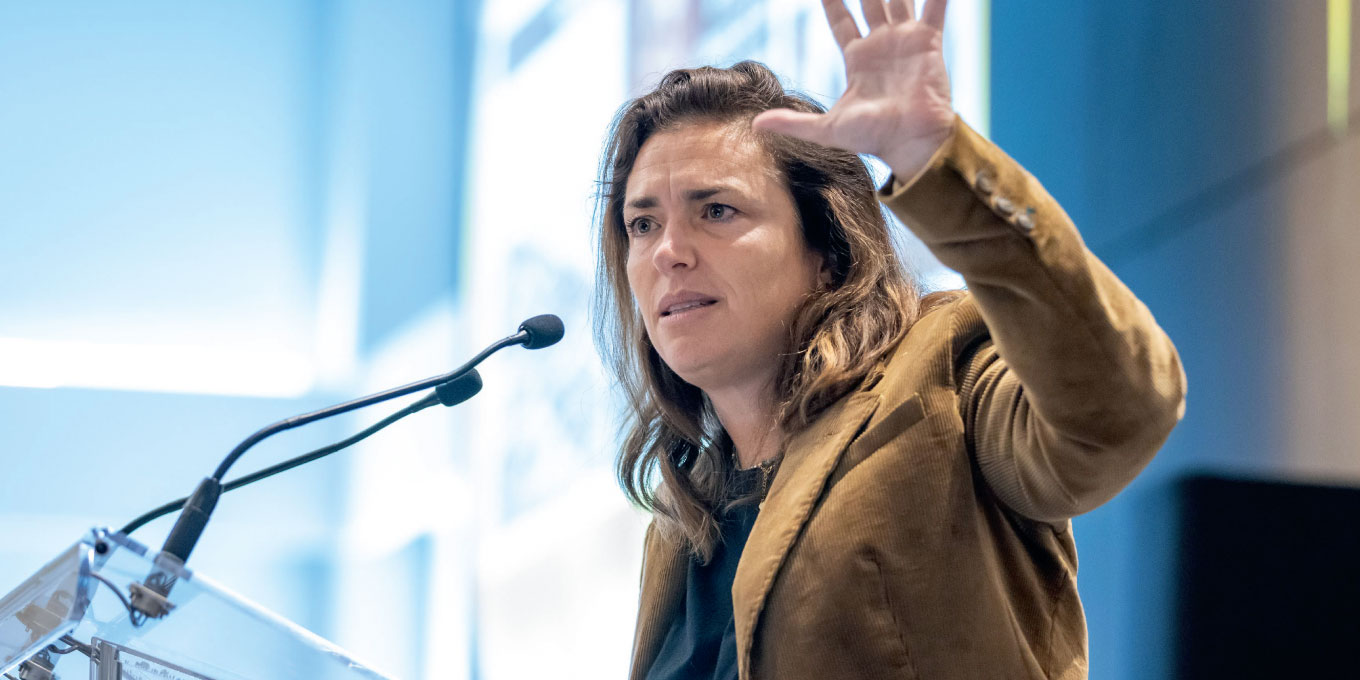
L’Oréal Paris
When Maya Colombani buys a new sweater (never from a fast-fashion brand), she passes on two from her closet so her existing wardrobe stays small. She eats meat only once a week, drives a hybrid car and carpools with colleagues as much as possible. And she avoids flying for work unless it’s absolutely necessary. “But I’m not perfect,” says the 47-year-old. “I make progressive shifts. And I never give up on improving.”
Born in Grenoble, France, Colombani is the chief sustainability and human-rights officer at L’Oréal Canada, and for her, living sustainably and having respect for nature is just how she was raised. “My mother was a yoga teacher, and my father was a sailor,” she says. “They both really love to travel and have a privileged relationship with nature—my father with the ocean and sea, my mother with trees and mountains.” Colombani chose to attend university in Australia as a way to improve her English and because she was drawn to the diversity of nature there—to its deserts and tropical forests.
She landed at L’Oréal 20 years ago and held posts everywhere from France to India before ending up in Brazil in 2010 working in marketing. In 2016, she moved into the role of director of sustainable development. “But for me, it wasn’t just a career shift,” she says. “It was to be even more connected with who I am.” Under her direction, the company went carbon neutral by doing things like having solar panels installed and using biogas trucks for transport. In the midst of that, she also took on human rights in her role and led projects that empowered women, such as the establishment of nine beauty schools in vulnerable neighbourhoods to help local women get out of extreme poverty. She also established a living wage at L’Oréal Brazil and promoted the idea of fair compensation in South America with the support of the United Nations.
In 2022, Colombani moved to L’Oréal Canada because she was enticed by the challenge; our country is a “strategic” one when it comes to climate change. “We always talk about Brazil on a worldwide scale, but we [Canada] have the biggest intact forest in the world. When Canada is falling, the world is falling,” she says, citing last summer’s forest fires and how far the smoke travelled as an example. Another factor is that the country is 40 percent Arctic. “Let’s call it air conditioning for the world,” she quips. Lastly, Canada is among the countries that consume the most per capita—not just goods but natural resources too. “And that is something we have to address— building a more sustainable consumption in Canada,” she says. “This is why we have a lot of work ahead in educating the consumer and bringing more transparency to help them make the right choice.”
But Colombani recognizes that the company itself has to change first, which is something she’s been working on. “How do we drive this cultural change?” she asks. “By changing our own product.” Currently, 97 percent of L’Oréal’s product portfolio is eco-designed, which means that the formula has high biodegradability as well as natural ingredients and responsible sourcing and packaging (such as packaging that is lighter or contains recycled plastic). “We have worked with scientists on a life-cycle analysis so we can achieve the most positive impact possible in terms of formula and packaging.” Recent examples include Garnier’s Shampoo Bar, which is made of 94 percent natural ingredients, and La Roche-Posay’s Anthelios line, which is now packaged in paper tubes. “And the target is to have 100 percent recycled packaging [for] all L’Oréal [products] by 2030.”
“When you talk about cultural change, it starts from inside. We have a responsibility as a leader to contribute to society. And I think sustainability is about action, not just conviction.”
Refills are being made available with L’Oréal’s luxury brands, from Lancôme to Armani. Last September, the latter introduced the fragrance My Way; not only is it refillable but its carbon-dioxide emissions have been neutralized and one of its ingredients—Madagascan vanilla—is responsibly sourced and grown exclusively for the brand, thereby guaranteeing income for the community that provides it.
To solve the issue of recycling beauty packaging, which can be tricky thanks to the different components, Colombani has partnered with TerraCycle, which has more than 600 recycling boxes—installed everywhere from Walmart to Shoppers Drug Mart—across Canada. She understands that ultimately a consumer will make their own choices, but programs like this at least help them make the right ones. “It’s to promote citizenship, in a way,” she says. And the empties don’t have to be from L’Oréal brands. “Waste is waste.”
Colombani has even made changes internally. At the company restaurants, only organic eggs are used, every Monday is vegan, there are no single-use plastics and all leftover food goes to the homeless. “When you talk about cultural change, it starts from inside,” she says. But when it comes to the consumer, she believes that they’ll never ask you to be perfect—only that you never give up on improving. “We have a responsibility as a leader to contribute to society,” says Colombani. “And I think sustainability is about action, not just conviction.” But more than that, it’s important to be a brand that aligns with consumers’ values. “The point of a brand is not [just] about doing business—it’s about being meaningful for society too.”
Newsletter
Join our mailing list for the latest and biggest in fashion trends, beauty, culture and celebrity.
Read Next
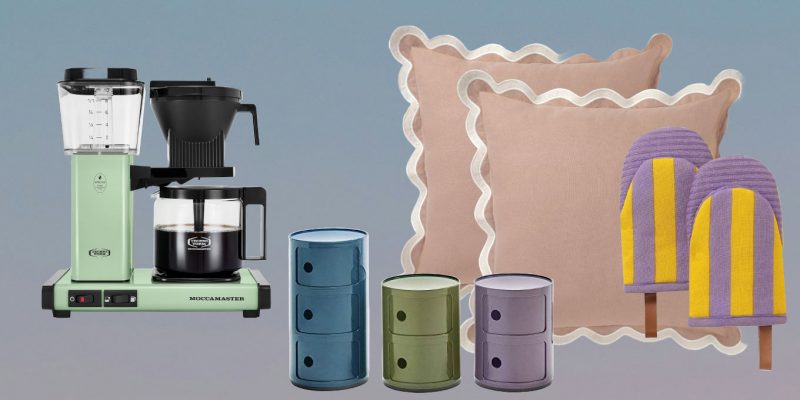
Decor
10 Amazon Decor Finds That Belong in a Designer’s Home
Yes, Amazon.
by : Maca Atencio- Apr 29th, 2024

Fashion
Pregnant Bellies Are Moving Into the Spotlight
Viva la MILF!
by : Jillian Vieira- Apr 29th, 2024
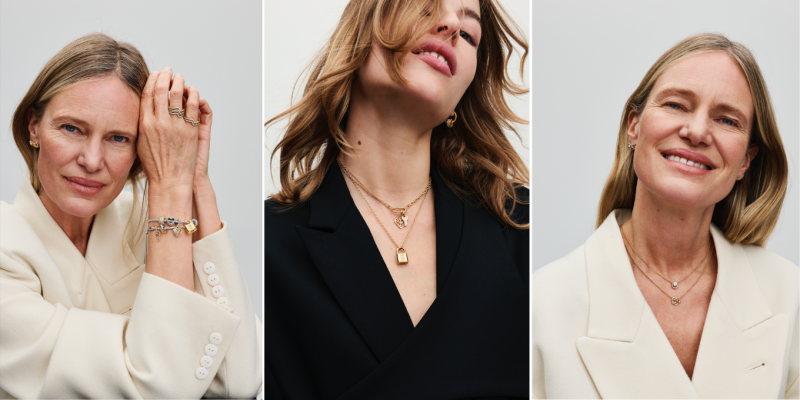
Fashion
8 Sparkling Jewellery Gifts to Give This Mother’s Day
Show your gratitude with pieces they’ll have forever and ever.
by : ELLE Canada- Apr 29th, 2024

